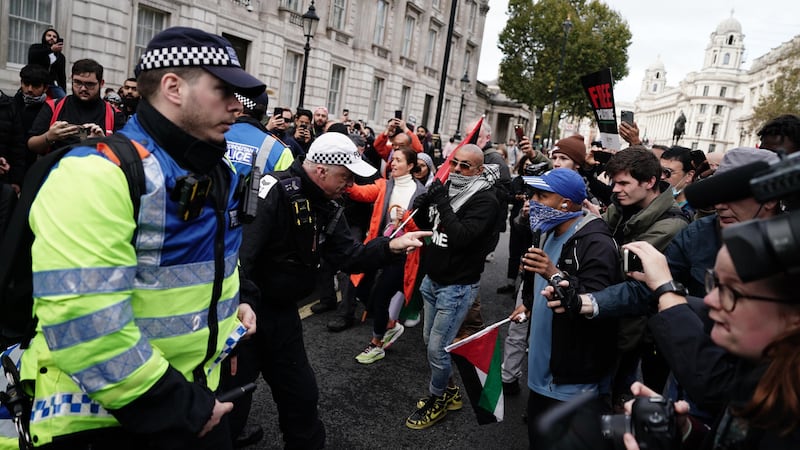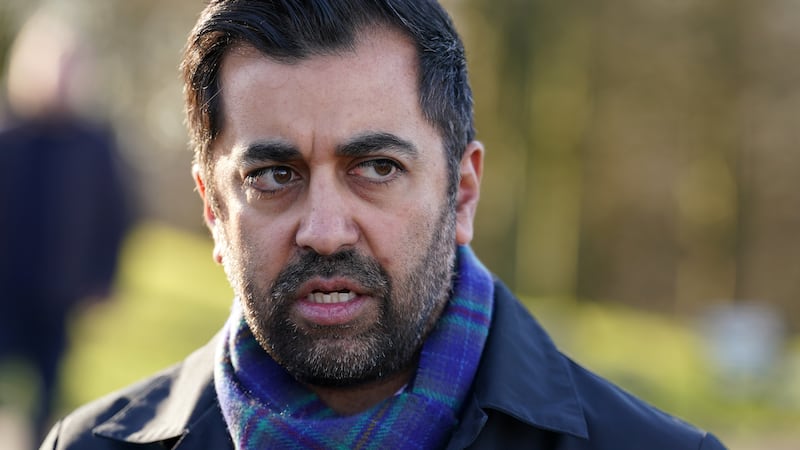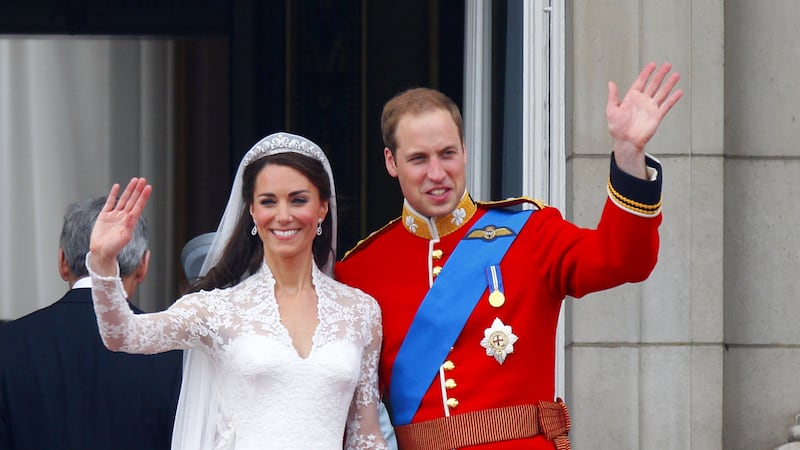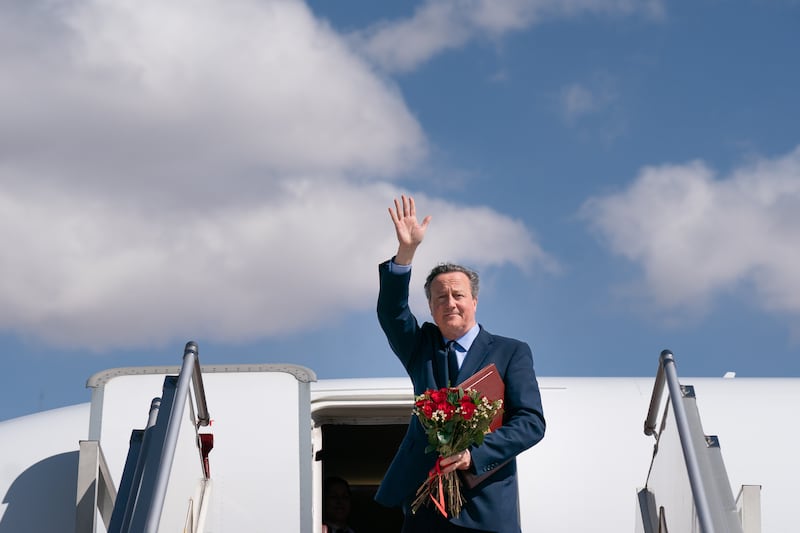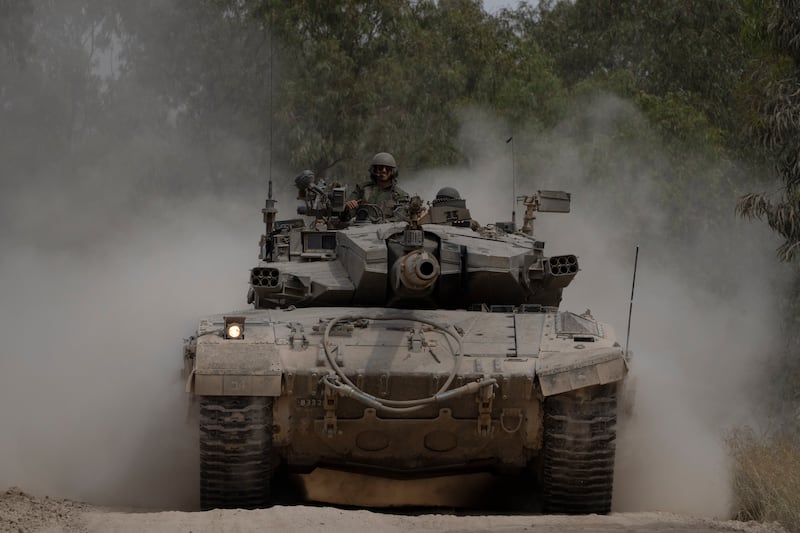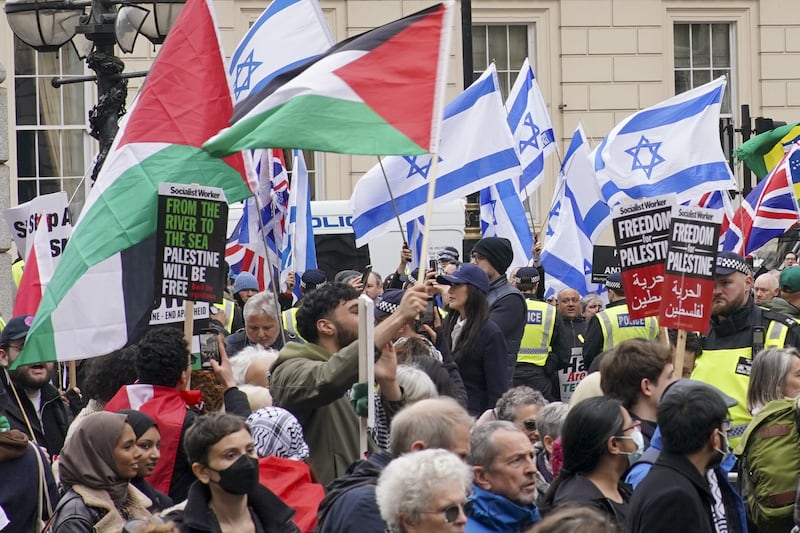Home Secretary Suella Braverman remains under fire from all sides after her allegations of bias were disowned by Downing Street and criticised by the Police Federation.
The allegations of police bias, made by the Home Secretary in The Times, followed pressure from senior Tories on Metropolitan Police Commissioner Sir Mark Rowley to ban a pro-Palestinian demonstration on Saturday.
Hundreds of thousands of people are expected take to the streets of London for the march, which coincides with Armistice Day.
In her opinion piece, Mrs Braverman had written that “pro-Palestinian mobs” are “largely ignored, even when clearly breaking the law”, while aggressive right-wing protesters are met with a stern response by officers, whom she accused of “double standards”.
Chancellor Jeremy Hunt distanced himself from her comments, signalling Cabinet unease by telling reporters “the words that she used are not words that I myself would have used”.
A Downing Street spokeswoman said the Prime Minister “has confidence” in Mrs Braverman, but did not rule out a Cabinet reshuffle.
While Steve Hartshorn, national chairman of the Police Federation of England and Wales – which represents rank and file officers, said it was unacceptable for the Home Secretary “to publicly attempt to tamper with the operational independence of policing”.

In a statement, Mr Hartshorn said that “policing must be free of politics”.
“It is entirely reasonable that the Home Secretary might raise concerns with senior police leaders in private, it is unacceptable to publicly attempt to tamper with the operational independence of policing,” he said.
“Policing must be free of politics. Operational independence is a key pillar of UK policing and must be respected.
“Policing does not comment on political manoeuvrings, and we expect to be able to carry out our duties without political interference.”
Amid the criticism, Mrs Braverman gave the police her “full backing” at a meeting with Sir Mark on Friday, a source close to the Home Secretary said.
The officer in charge of policing London during Saturday’s protest told the PA news agency that the force has been “clear” on how it polices protests.

Deputy Assistant Commissioner Laurence Taylor said: “Our job is to ensure that we police without fear or favour, that we balance the rights of everybody, be that protesters, counter protesters, or people living or coming into London.
“And our job this weekend is to ensure that people are kept safe and that is what my focus is on.”
More than 100 arrests for offences including supporting proscribed organisations and serious hate crime have been made over the last four major Palestinian protests, according to the Met Police.
Mr Taylor said that it will be a “very difficult weekend for policing”.
📰 Met releases details of significant policing operation across Remembrance weekend
Almost 2,000 officers will be on duty to keep people safe and protect national remembrance events.
Read more: https://t.co/JE75hbuMO9. pic.twitter.com/qXANDIWVq7
— Metropolitan Police (@metpoliceuk) November 10, 2023
“We have got a significant march taking place,” he said.
“We are aware there will be counter-protests, as well as a lot of people who would ordinarily come to London to mark their respect on Armistice Day, on Remembrance Sunday.
“That means we need a large and robust policing plan in place.”
The number of officers on duty in London will be double the usual amount, with 1,850 officers on Saturday and 1,375 on Sunday.
